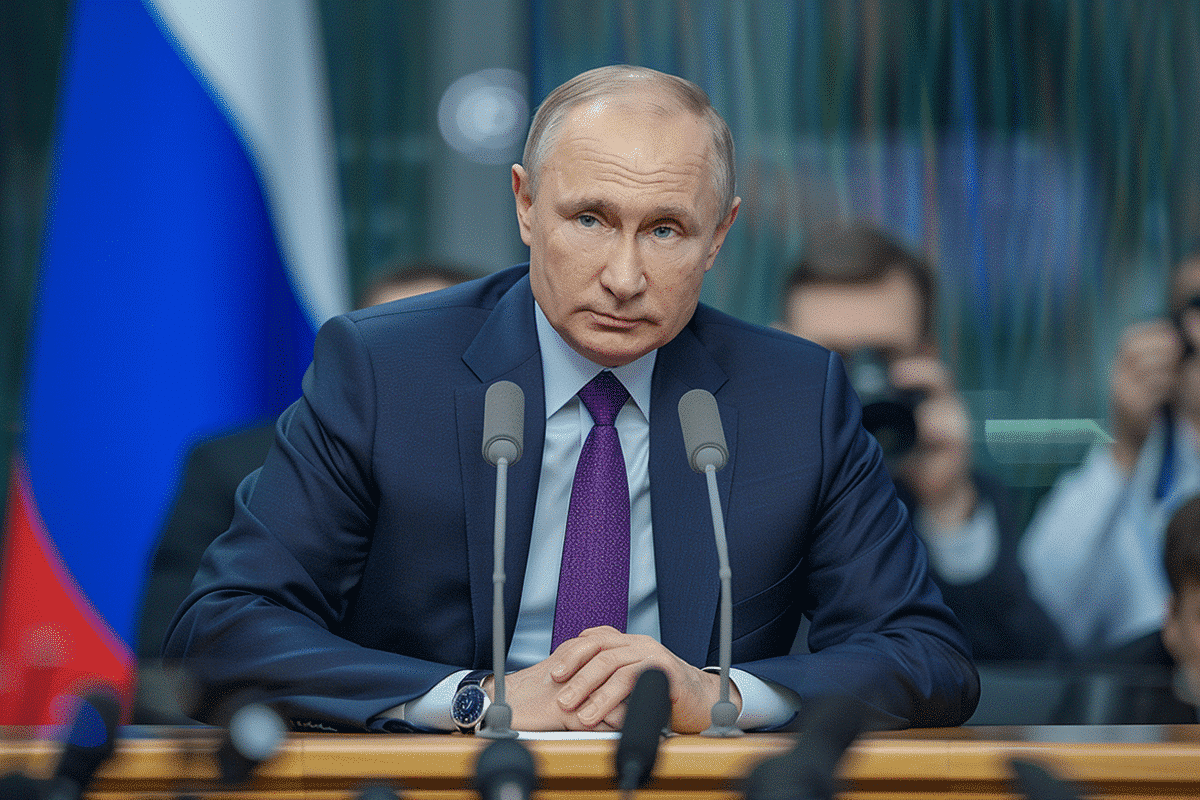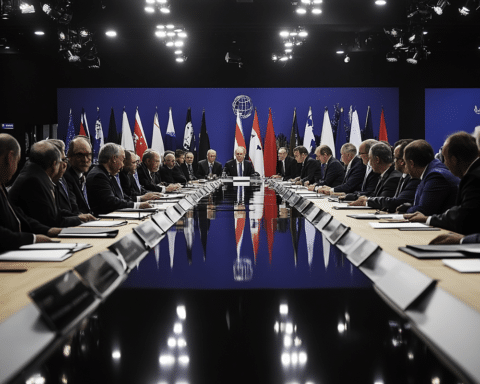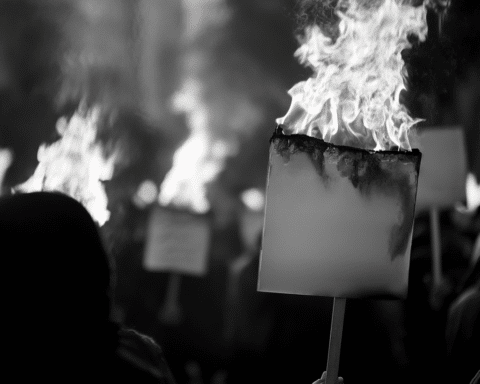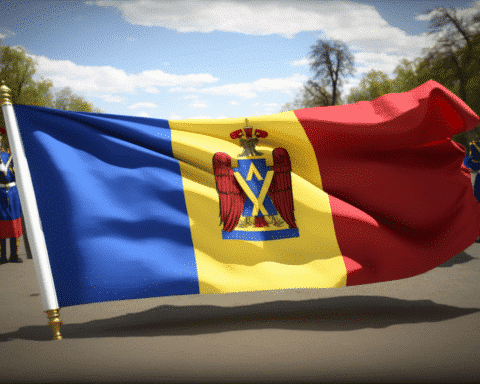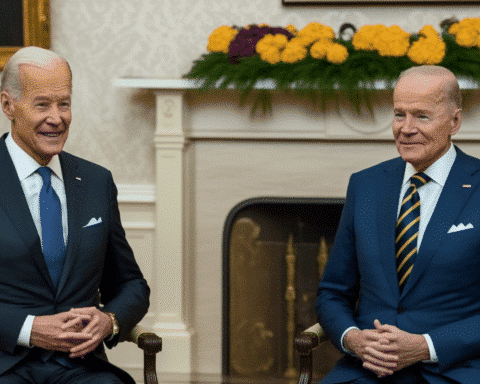Russian President Vladimir Putin has proposed a ceasefire in Ukraine on the condition that Kyiv withdraws its troops from regions annexed by Moscow in 2022 and abandons its NATO aspirations. The proposal, delivered during a speech at the Russian Foreign Ministry, was swiftly rebuffed by Ukrainian officials as manipulative and absurd.
Putin’s offer comes as international diplomatic efforts intensify, with Switzerland preparing to host world leaders for peace talks while the G7 nations convene in Italy. The Russian president criticized these initiatives as attempts to divert attention and distort the roots of the Ukrainian crisis.
Central to Putin’s conditions for a ceasefire are Ukraine’s recognition of Crimea as part of Russia, its commitment to remaining non-nuclear, and limitations on its military capabilities. Additionally, Putin demanded the lifting of Western sanctions imposed on Russia.
In response, Ukraine reiterated its stance on reclaiming occupied territories, including Crimea, and holding Russia accountable for alleged war crimes. Ukrainian officials dismissed Putin’s proposal as lacking substance and accused Russia of prolonging the conflict.
Western leaders, including NATO Secretary-General Jens Stoltenberg and US Defense Secretary Lloyd Austin, condemned Putin’s demands, affirming their support for Ukraine’s sovereignty and territorial integrity. They emphasized that Russia’s actions, including the illegal occupation of Ukrainian territory, prevent it from dictating terms for peace.
Meanwhile, the conflict on the ground continues unabated. Russian defenses claim to have intercepted 87 Ukrainian drones in one of the largest barrages of the war, although Ukrainian authorities report no significant damage or casualties. In retaliation, Ukraine’s air force asserted downing multiple Russian drones and missiles, with some incidents causing civilian injuries and property damage.
The humanitarian toll of the conflict persists, underscored by Russia’s return of 254 Ukrainian soldier bodies to Kyiv. Despite these gestures, Ukrainian officials stress the need for Russia to withdraw fully from occupied territories and engage sincerely in peace negotiations.
The Ukrainian military, facing challenges in ammunition and weaponry due to delays in Western military aid, continues to resist Russian advances. Recent clashes, including incidents in the Donetsk region resulting in civilian injuries, highlight the ongoing humanitarian crisis in the region.
Putin’s speech also addressed previous military actions, claiming that Russia’s presence near Kyiv aimed to compel Ukrainian leadership into negotiations rather than initiate full-scale occupation. He cited a supposed willingness to negotiate the return of certain regions to Ukraine, contingent on strategic concessions.
Critics view Putin’s rhetoric as a maneuver to shift blame and delay genuine peace efforts. They argue that Russia’s annexation of Crimea and ongoing military actions in eastern Ukraine contradict its purported commitment to dialogue and peace.
As diplomatic initiatives unfold, tensions remain high between Russia and Western nations. The conflict in Ukraine, which erupted into full-scale invasion in February 2022, continues to test international efforts to broker a lasting peace.
The coming days are expected to be critical as global leaders convene to address the crisis, balancing diplomatic negotiations with the urgent humanitarian needs of affected populations. The international community’s response to Putin’s ceasefire proposal will likely shape the trajectory of efforts to resolve one of Europe’s most significant security challenges in recent history.
